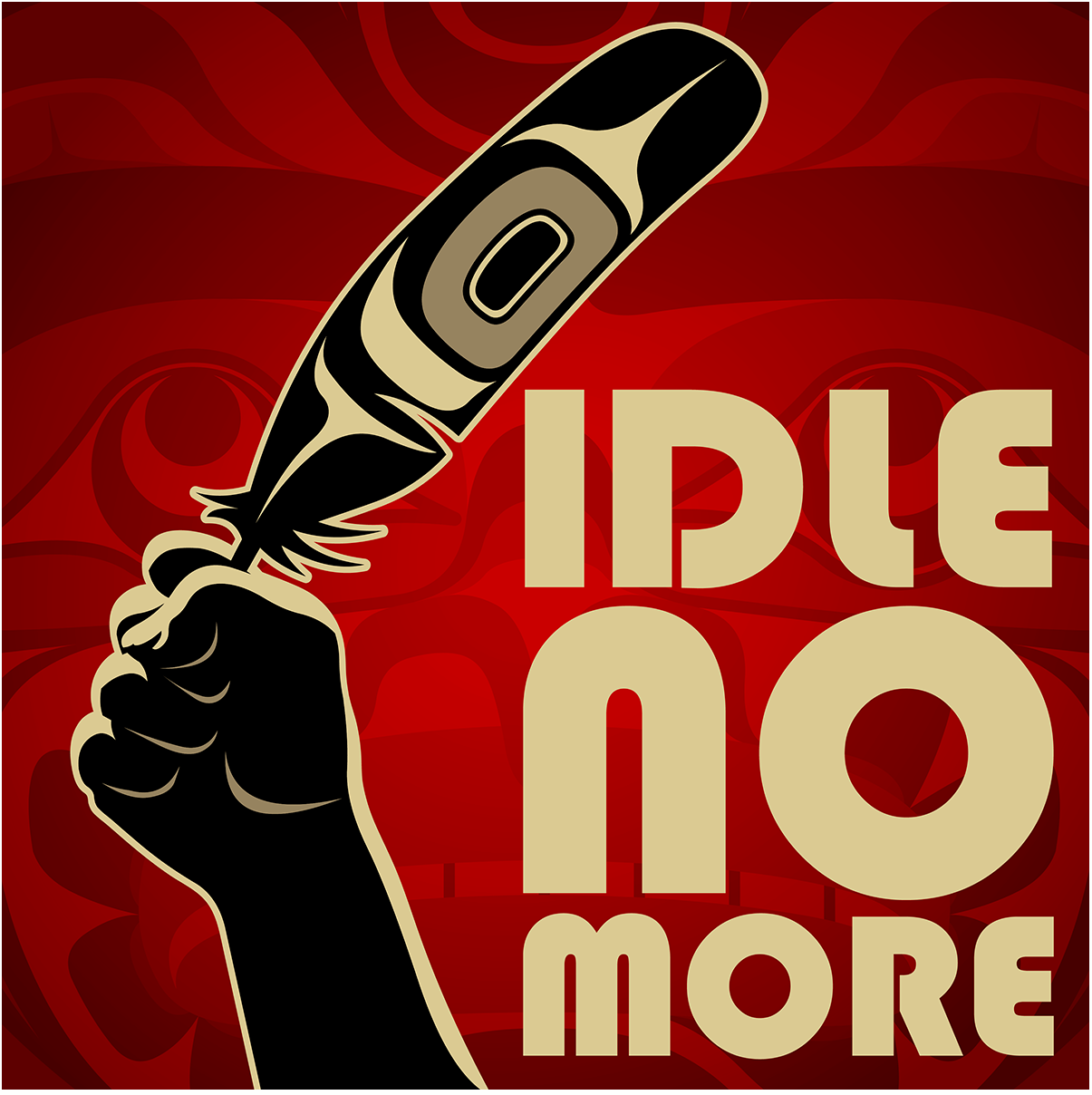For much of the 1990s, my job was to listen to people explain how they became refugees. This usually took place in camps bordering war zones, sometimes in the middle of war zones. Despite being almost relentlessly depressing, it was also enlightening.
I learned three essential lessons.
Though a trite observation, the range of human experiences, emotions and capacities was reinforced every day. The people I saw weren’t all victims; some in fact were perpetrators of heinous crimes. Some crumbled, some overcame in amazing ways, and most muddled through as best they could. One surprise was that people still found a way to laugh, even during genocide. But everyone had experienced a breaking point.
The second lesson, less obvious to me at the time, is the commonality among wars, “civil” wars especially. They share two roots.
One is a breakdown in the rule of law. Governments that abuse their position beyond the point of social tolerance run the risk of response from the governed.
The other is a breakdown in social cohesion. Societies that fail to offer citizens a reward for participating lose the ability to attract the participation of those citizens. When people see no purpose in appealing to a corrupt government, and no purpose in struggling to overcome the corruption, they set their own rules.
Unfortunately, those who lead revolutions are often the most likely to repeat the mistakes of their predecessors. The world is replete with examples. That was the third lesson.
And how, you might ask, does this apply to Canada?
Let’s look at the four directions of First Nations activism at the moment.
The Assembly of First Nations (AFN) has been trying to work with the federal government. Support for the AFN appears to be holding up among most Chiefs, with about one-third making it to the assembly in Whitehorse this week. But dissatisfaction is high among the people and the federal government has dealt National Chief Atleo an extremely poor hand to play.
Some Chiefs met at Onion Lake First Nation this week, declaring non-confidence in the AFN, intending to take their case directly to the Prime Minister. But focusing on the numbered treaties leaves the question of how a much smaller entity can hope to play a stronger hand with the federal government. Plus there is incomplete participation among the many communities covered by those treaties. Then, they may come to resolve these issues only to face the same intractability from Harper that the AFN has faced.
For Idle No More supporters, the last 250 years of illegal action by the Crown might be sufficient evidence that the federal government is not going to start respecting the rule of law any time soon. And if Canada’s entire history weren’t enough evidence, Stephen Harper’s commitment to resource development shows no regard for the Royal Proclamation of 1763, the Constitution of Canada, or the UN Declaration on the Rights of Indigenous Peoples. However, INM leadership has been willing to give the rest of Canadian society a shot at redeeming the situation.
Which leaves a fourth group, those considering direct action because the government is corrupt and society is not prepared to do anything about it. This should be a cause of grave concern. Especially troubling is the kind of leadership such circumstances inspire.
For the moment, we can still influence the direction to be chosen.
Because the Crown has lost its honour, because the current federal government, like its predecessors, refuses to respect the rule of law when it comes to Indigenous rights, the only question that remains is whether Canadians are going to demand transformative change, whether they will offer Indigenous peoples the possibility that continued participation in this society is worthwhile. With nothing but a 50% child poverty rate and further erosion of Indigenous rights currently on offer, evidence is scarce.
Indigenous peoples need an honourable partner at the table, as does Canada.
We all need governments that understand the rule of law applies to them as much as to the people.
Canada needs to offer all citizens an equal opportunity at success; equal respect for the inheritance of Indigenous rights as there is respect for the property and position handed down from each generation of non-Indigenous Canadians to the next.
If the current government is as irredeemable as it appears, it is up to Canadian society to offer hope to those who can lead responsible reform.
If, on the other hand, circumstances push Indigenous people to abandon moderate leadership, the consequences may very well be inevitable and, for me at least, all too familiar.



